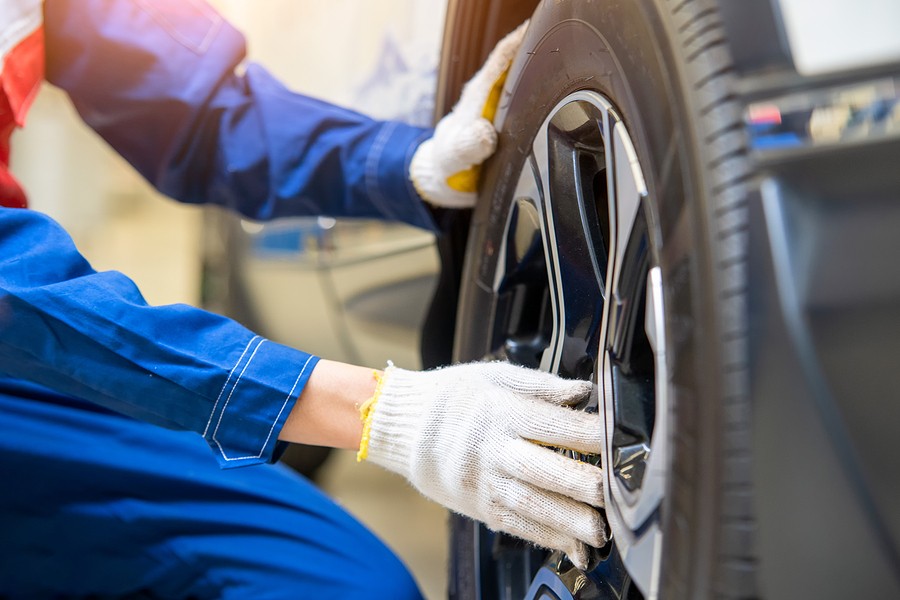If you were searching for “how to know if my tires need to be balanced,” look for these four signs:
- Vibration
- Uneven tire wear
- Steering issues
- Increase fuel consumption
Driving a car with balanced tires is critical to maintaining your safety and the driving experience. Over time of use, external or internal factors might impact the tire balance.
Regardless of what's causing the tire imbalance, it is important for you as a car owner to address it as soon as possible and look for potential symptoms that could help you confirm if you're dealing with an imbalanced tire.
One of the first things you could do is learn about the main symptoms of imbalanced tires and potential causes that you could address so you don't deal with the problem in the future.
This article is a detailed guide to help you answer the question, “How do I know if my tires need to be balanced?” It highlighted the main symptoms, potential causes, future preventions, and expected repair costs.
How do I know if my tires need to be balanced? Four signs
If you suspect an issue with your tire balance, watch for common symptoms that automotive experts put together. The following list summarizes the four issues that you will come across if your tires have an issue with the balance:
1. Vibration
The easiest thing to monitor is looking for any shaking or vibration. Typically, people with problems with the tire balance indicated that the car vibrates and shakes at certain speeds. Typically, these speeds are between 50 and 70 mph.
The one thing to remember is that tire shaking and vibration might be related to many other problems. Therefore, before you go ahead and replace or do any repairs to your tires, you must check on the other components, like the wheel alignment and the steering wheel issues.
2. Uneven tire wear
Another potential problem associated with imbalanced tires is when you have uneven tire wear. In other words, if you look at the tires, you'll see that some are worn out more than others. It could be that one side is more or just one tire more than the other three.
When this happens, you need to address the problem because you cannot replace one tire at a time. Thus, this might lead to an imbalance in the overall vehicle and even cause further damage to the suspension system.
Remember that the uneven tire wear might be related to other issues that could be impacted by improper inflation or a problem with the wheel itself. Therefore, you also need to confirm with your mechanic and have him take a closer look.
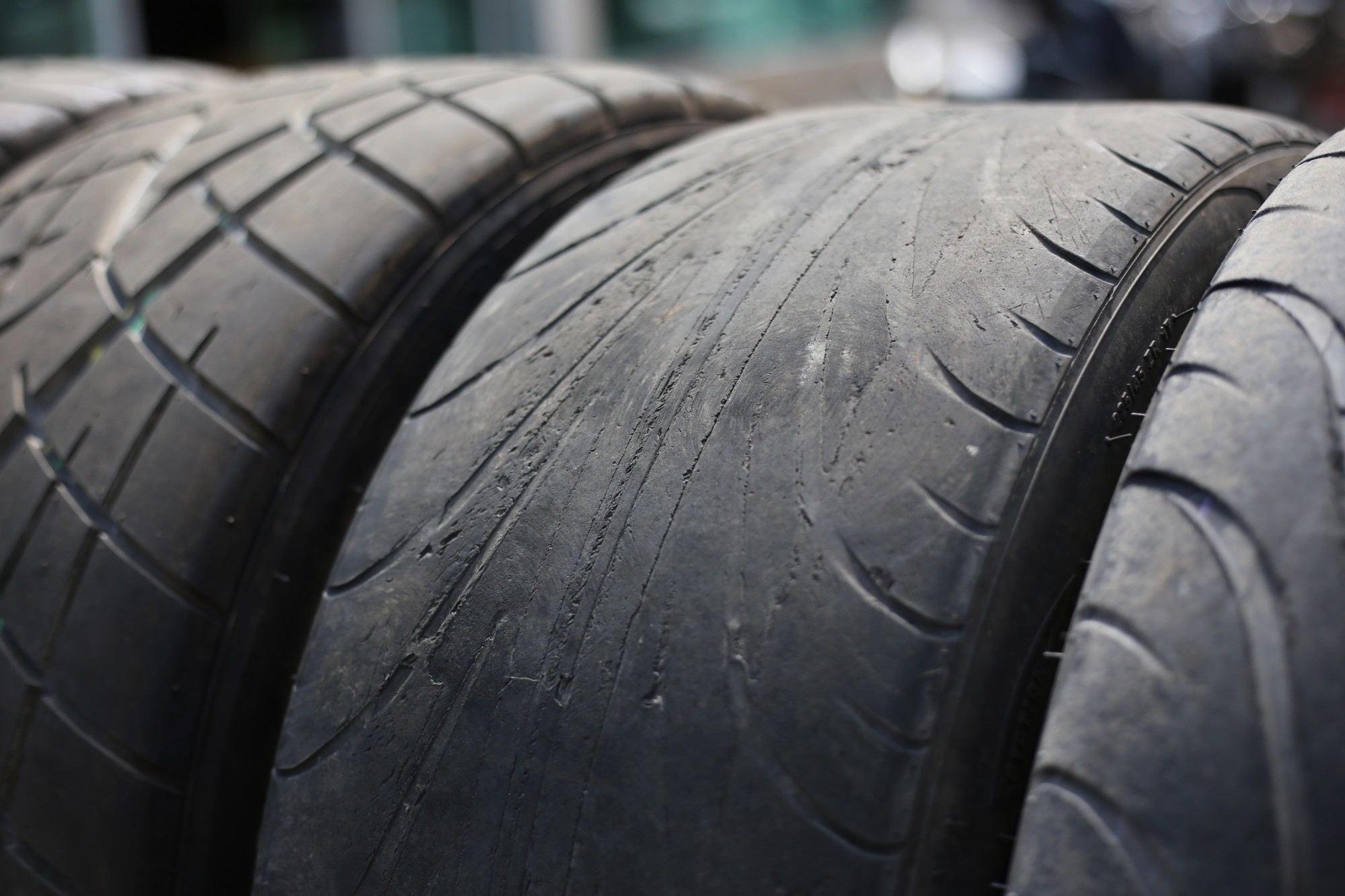
3. Steering issues
If you've ever tried driving your car and, as you speed, realize that the car is drifting towards one side more than the other, your problem might be related to imbalanced tires. In that case, addressing the problem helps prevent further damage that might impact the steering system and others.
Unfortunately, most of these symptoms can be associated with other problems. We would also like to remind you that steering issues can be related to a problem with the steering wheel column or any loose components within this system.
That's why it is important to monitor for multiple symptoms simultaneously and have your mechanic take a closer look. If you don't have the right experience, you cannot replace any of those components without confirming.
4. Increase fuel consumption
Finally, if you ignore the imbalanced tires for a long time, you can easily deal with further problems impacting sensitive components like the engine. For example, many people with issues with the tire balance indicated that they had to put in more fuel than they should.
This is simply because your car is designed to withstand a certain balance in your car. In other words, if the car drifts and the load is put towards one side more than the other, the engine will spend more energy and, therefore, l need more fuel.
So, suppose you feel that you're going to the gas station more often than before, which is associated with some other symptoms, including uneven tire wear and other troubles related to the vehicle balance. In that case, you should check on the tires and confirm they are perfectly balanced.
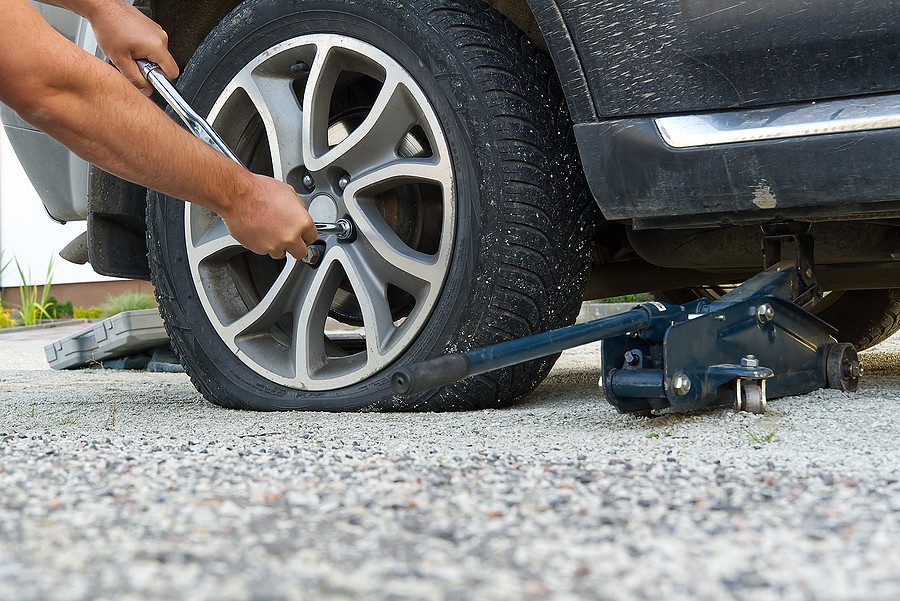
What are the causes of imbalanced tires?
While sometimes your vehicle might have issues with the tire balance because of time of use, you also need to address some of the causes that could be in your hands to avoid dealing with this problem in the future.
For example, automotive experts put together the list of the following four causes that could be leading to imbalanced tires:
1. Wheel weights
For example, if your wheels are not the right ones you added to your car, this might cause additional weight and tire imbalance. Therefore, you must stick with the recommendations in your vehicle owner's manual before making any changes to the car.
2. Tire wear
If your tires wear out unevenly because of other external factors, that could impact the tire balance. In other words, if you have an issue with the wheel alignments, it could also result in tire imbalance that you must address.
3. Impact damage
Suppose your car got involved in a car accident or any other external force that caused some damage. In that case, it's not surprising to deal with some additional issues, including troubles with the wheel alignment and the vehicle tire imbalance.
4. Manufacturing defects
Finally, there might be an issue with the manufacturer's defects. In other words, the vehicle was designed so that the manufacturer did not put it together properly, leading to imbalanced tires. This is typically addressed through recalls, and you should pay attention to some of the news addressing your vehicle, especially if you bought a brand-new car.
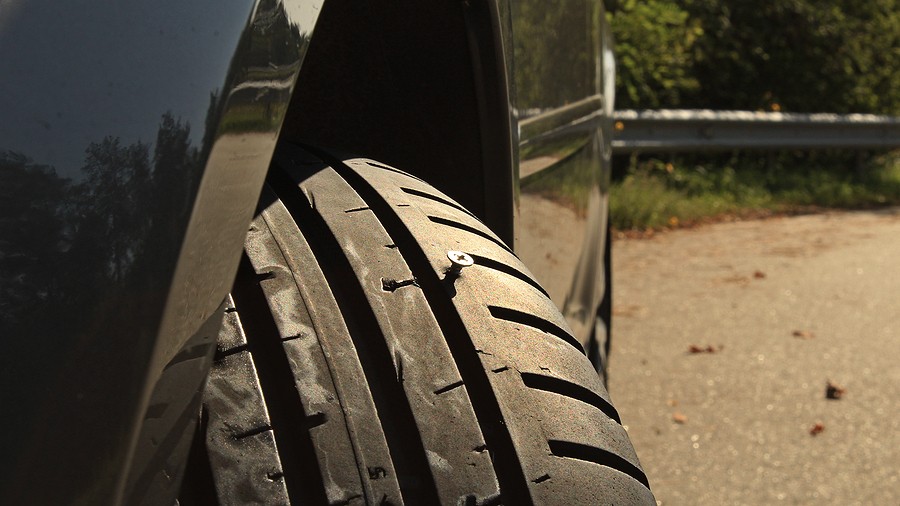
How do you fix imbalanced tires?
If you confirm that your vehicle suffers from some issues with the tire balance, you need to address the problem as soon as possible because this could evolve and lead to further complications that might cost you thousands of dollars.
According to automotive experts, the list below provides you with potential solutions to fix any imbalance in your tires so you can address the problem before it becomes very complicated:
1. Tire balancing
2. Tire rotation
3. Damages inspections
4. Proper inflation
Remember that regardless of how much effort you need to put towards fixing the tire balance, you should go forward with it. In other words, delaying the problem does not make it go away and only results in further complications that might mean you have to address issues with that suspension system that will align, if not others.
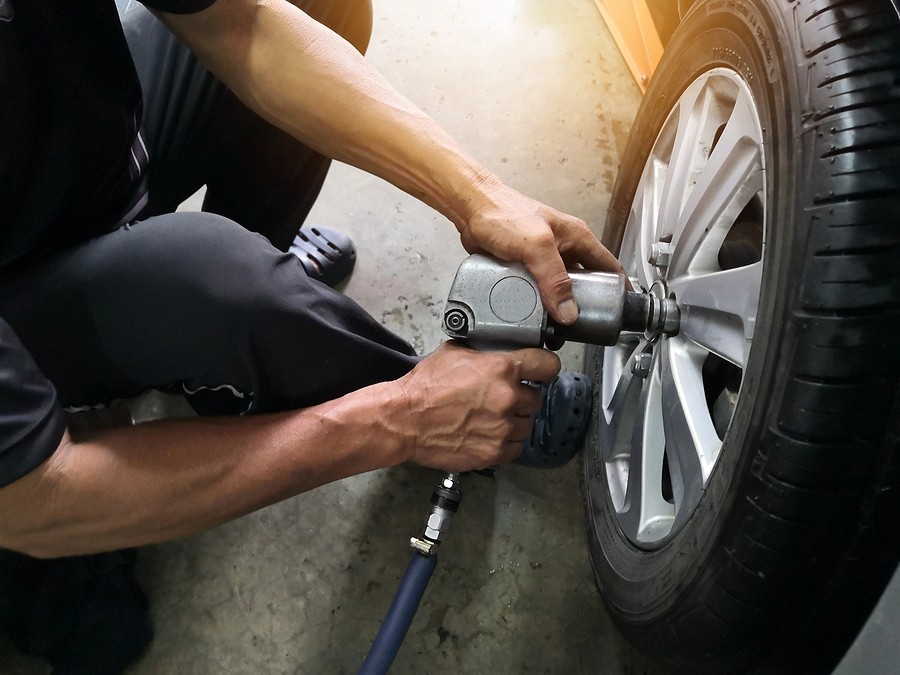
How much does it cost to fix the tire balance issue?
If you confirm that you had a problem with the tire balance, the repair costs could differ significantly depending on where you are getting the problem fixed and your vehicle type and condition.
Generally speaking, you might expect to pay between $20 and $100. However, if this involves replacing the tires completely, repair costs can climb significantly. Therefore, before you go to the repair, you might want to get ahold of the mechanic and know how much to expect.
Remember that even if the problem will cost you extra money to get fixed, fixing it as soon as possible helps you save on future problems that the imbalanced tires could introduce.
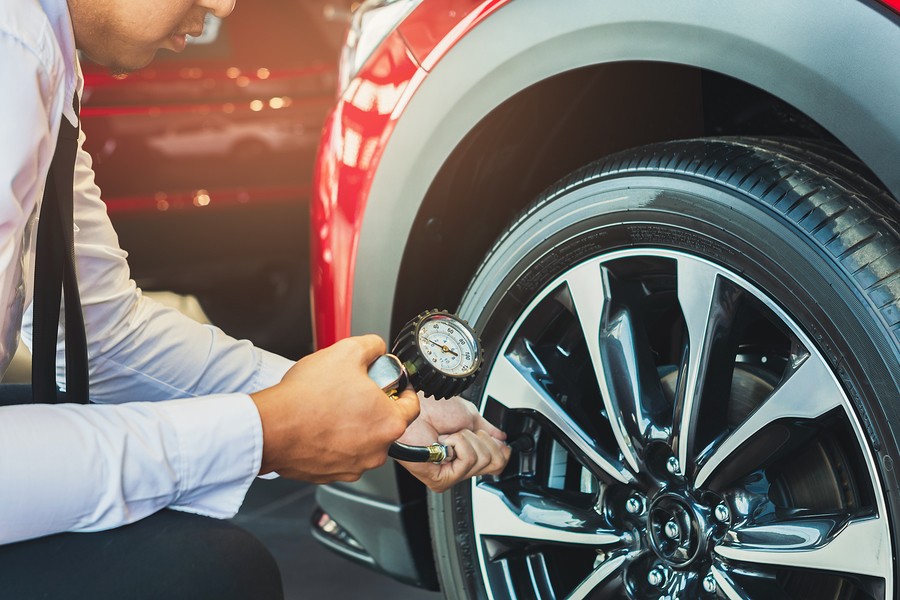
How do I know if my tires need to be balanced? Final Thoughts
Issues with the title balance are very common; as a car owner, you must familiarize yourself with situations where you can detect any early symptoms of tire imbalance issues.
This article provided a detailed guide to help me answer the question, “How do I know if my tires need to be balanced?” It highlighted four symptoms to look for, provided potential solutions, and expected repair costs.
Before investing in fixing your vehicle and addressing the balance issue, you must check the overall vehicle condition to see if repair costs will be worth fixing. If not, it could be the perfect time to sell this car, and if you're looking for someone to buy it, consult Cash Cars Buyer at 773-791-4363.
For similar articles, visit our blog by clicking here.

